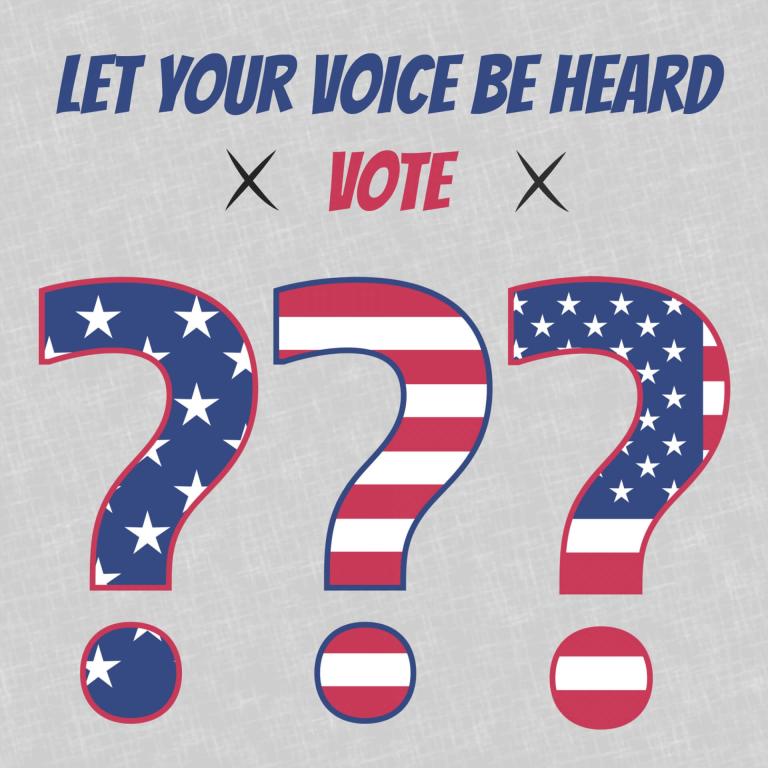In our current political tumult, Christians who express their moral beliefs about abortion, transgenderism, same-sex marriage, or the like by voting and political activism, are often branded “Christian nationalists.” This is generally intended as a slur, but some Christians accept the description and try to turn it into an ideology. Others try to avoid the label by refusing to let their faith influence their politics.
Allie Beth Stuckey has written one of the best treatments of the subject that I have read. In an article for World, she points out how the term “Christian nationalism” is being used to associate Christians voting in accord with their moral beliefs with political violence. The purpose is to intimidate Christians and manipulate them into silence, lest they be considered a threat to democracy.
I would call this tactic an example of voter suppression. Americans are supposed to vote their convictions. That is, in fact, how democracy works.
Here is what she says about Christian nationalism. From Allie Beth Stuckey, Christians: Bring your faith to the voting booth:
Yes, if Christian Nationalism is the idea that America is a chosen nation—a sort of modern-day Israel—and a special beneficiary of God’s promises and favor, then it’s unbiblical. If Christian Nationalism is the notion that America is to be a theocracy in which its citizens are forced to worship Christ, then it’s unconstitutional. But if Christian Nationalism is interpreted by some detractors as a Christian voting in accordance with Biblical values, if it’s Christians seeking to infuse God’s truth and goodness into every sphere they occupy, if it’s living by the belief that “the earth is the Lord’s,” then to be pejoratively dubbed a “Christian Nationalist” is meaningless (Psalm 24:1). This is simply what it means to be a Christian and an active citizen.
She points out that the notion that religiously-informed convictions should not be allowed to influence our voting and our interactions with the public square is applied only to conservative Christians who hold conservative political positions. Kamala Harris has cited her more liberal faith in support of abortion. Left-leaning pastors invite Democratic politicians into their pulpits. And the transgenderist belief that a person can be “born in the wrong body” is surely more religious than scientific. But no one accuses the religious left of endangering democracy or trying to impose their religion on everyone by law, even when this is what they are trying to do. They are entitled to vote their convictions, as are all Americans, including Christians of all persuasions.
An important insight I gleaned from Stuckey’s article is that Christians can vote their convictions without committing to a particular political-theological ideology or theory. There are self-identified Christian nationalists, as we’ve blogged about, who have worked out their philosophy of church and state and who issue manifestos. There are also trans-national integralists. And a whole menu of conservative philosophies. Those are fine to think about and perhaps even to commit to, though, as Stuckey says, they might also lead you astray into unbiblical theologies and unconstitutional politics. But you don’t need to come to definitive conclusions about your political theory or your theology of politics. Just vote your convictions.
Illustration by Anna Black via PublicDomainPictures.net, CC0.













